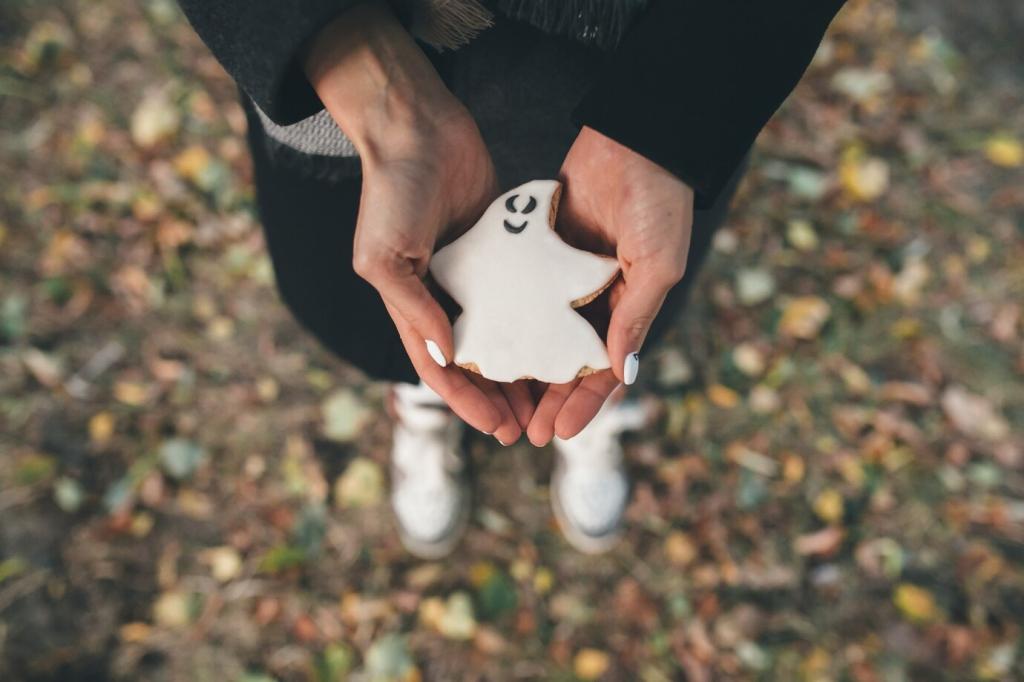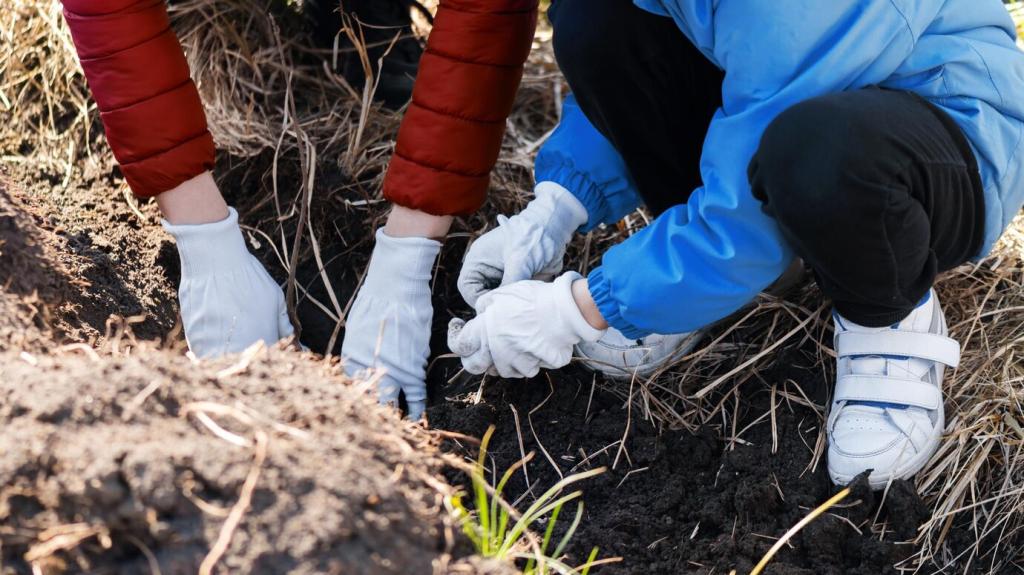Vintage Furniture Care Guide: Keep History Alive at Home
Understanding Wood Finishes
Do a discreet test: a cotton swab with denatured alcohol softens shellac, lacquer reacts to lacquer thinner, while varnish shrugs off both. My grandmother’s 1930s dresser brightened after this simple detective work prevented a disastrous mismatch.
Climate, Light, and Placement
Keep relative humidity around 40–55% to avoid splitting, veneer lift, and sticky drawers. Use humidifiers or dehumidifiers as seasons swing. Place a hygrometer nearby and share monthly readings with subscribers for friendly accountability and better outcomes.





Tighten Joints the Traditional Way
Loose mortise-and-tenon joints prefer hot hide glue for reversibility and sympathy with age. Clamp gently, protect surfaces, and wipe squeeze-out. Share experiences choosing hide glue granules or liquid versions for repairs that honor authenticity.

Care for Original Hardware
Dust and clean hardware with mild soap and water, drying immediately. Avoid aggressive polishing that erases patina. A drop of clock oil or graphite frees sticky locks. Post your before-and-after latch stories to guide fellow caretakers.

Move and Lift Without Tears
Lift from the frame or apron, never arms or tops. Remove drawers and doors first. Pad corners, use straps, and plan the path. Our newsletter once saved a reader’s veneer simply by advocating slow, rehearsed moves—subscribe for more.
Routine Maintenance Checklist
Dust with microfiber following the grain, check felt pads, and note any new scratches or wobbles. Set a calendar reminder. Comment with your ritual so new caretakers can copy a routine that actually fits real life.

Honor Patina and Provenance
Minor wear, gentle scratches, and softened edges are biography, not flaws. Over-refinishing can erase value. Tell us about a time you chose to preserve patina and how guests reacted to your furniture’s honest, graceful age.

When to Call a Professional
Seek a conservator for lifting veneer, buckling marquetry, mold, active insects, smoke damage, or warped doors. Ask about reversible techniques and references. Share any lessons from interviewing pros, helping others make confident, informed choices.
Special Materials: Cane, Rattan, and Veneer
Vacuum gently with a brush, then lightly mist the underside to restore tension—never soak. Keep humidity steady. Share your success timeline for firming a sagging seat so others can plan patient, safe improvements.
Special Materials: Cane, Rattan, and Veneer
Lifted veneer often responds to warm hide glue, a protective wax paper barrier, and a caul with even clamping pressure. Practice first. Post photos of clamp setups to help beginners visualize thoughtful, methodical repairs.
Special Materials: Cane, Rattan, and Veneer
Clean brass or bronze with mild soap, rinse, and dry. Reserve polish for heavy tarnish, protecting wood with tape. Avoid ammonia. Tell us which gentle approach preserved your hardware’s character while restoring a respectful, subtle glow.
The Rescued Sideboard
A 1920s oak sideboard arrived dull and sticky. After identifying shellac, thin coats of wax and patient buffing revealed warm depth. Share your first successful rescue story to encourage someone right now standing at their own starting line.
A Humidity Lesson, the Hard Way
One reader ignored winter dryness; a tight door cracked. With a humidifier and slow reconditioning, movement eased. Post your humidity setup or ask for recommendations—our subscribers love comparing compact hygrometers and reliable, quiet machines.
Join the Conversation
Comment with a question about your trickiest piece, subscribe for monthly checklists, and tag us in before-and-after photos. Your experiences shape future guides, keeping this Vintage Furniture Care Guide relevant, practical, and warmly human.
